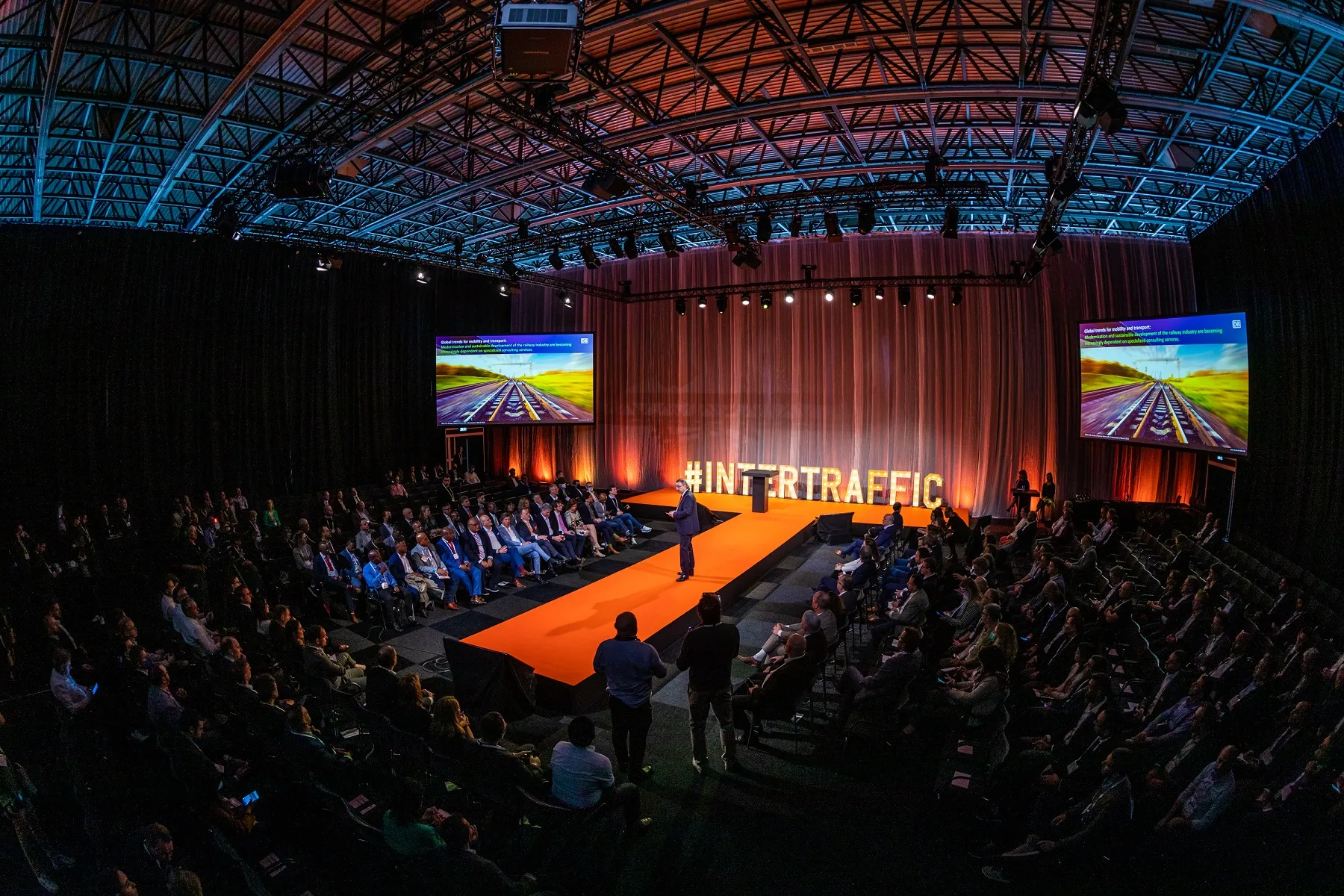Q-Free’s German OEM partner VMT Düssel has recently installed its VideoScan automatic licence plate reader (ALPR) system at the entrances to Phantasialand theme park in Brühl, Germany, in an effort to provide the park with an insight to the type of visitors, their geographic distribution and pattern of returns.
Q-Free’s Intrada ALPR software is integrated into the system’s video processing server for video and image handling; video captured by the VMT VideoScan installed on the entry lanes is sent to the
May 13, 2014
Read time: 2 mins
Q-Free’s Intrada ALPR software is integrated into the system’s video processing server for video and image handling; video captured by the VMT VideoScan installed on the entry lanes is sent to the Intrada ALPR engine where the licence plates are recognised. The data is forwarded to the central server for statistical analysis on visitor patterns.
The ALPR engine features a combination of various optical character recognition (OCR) technologies and the Intrada library contains data for more than 100 countries and states around the world. The software not only reads the bare registration number, but the OCR also uses plate features, such as the characters’ location and fonts, to determine a plate’s origin.
According to Q-Free, the Intrada ALPR software is currently deployed in numerous systems worldwide, where it has demonstrated very low error rates. For the Stockholm congestion charging scheme, Intrada automatically handles 97 per cent of the images with an error rate of less than 0.01 per cent, and for Amsterdam’s low emission zone, it achieves a 98 per cent read rate, with an error rate below 0.1 per cent.










